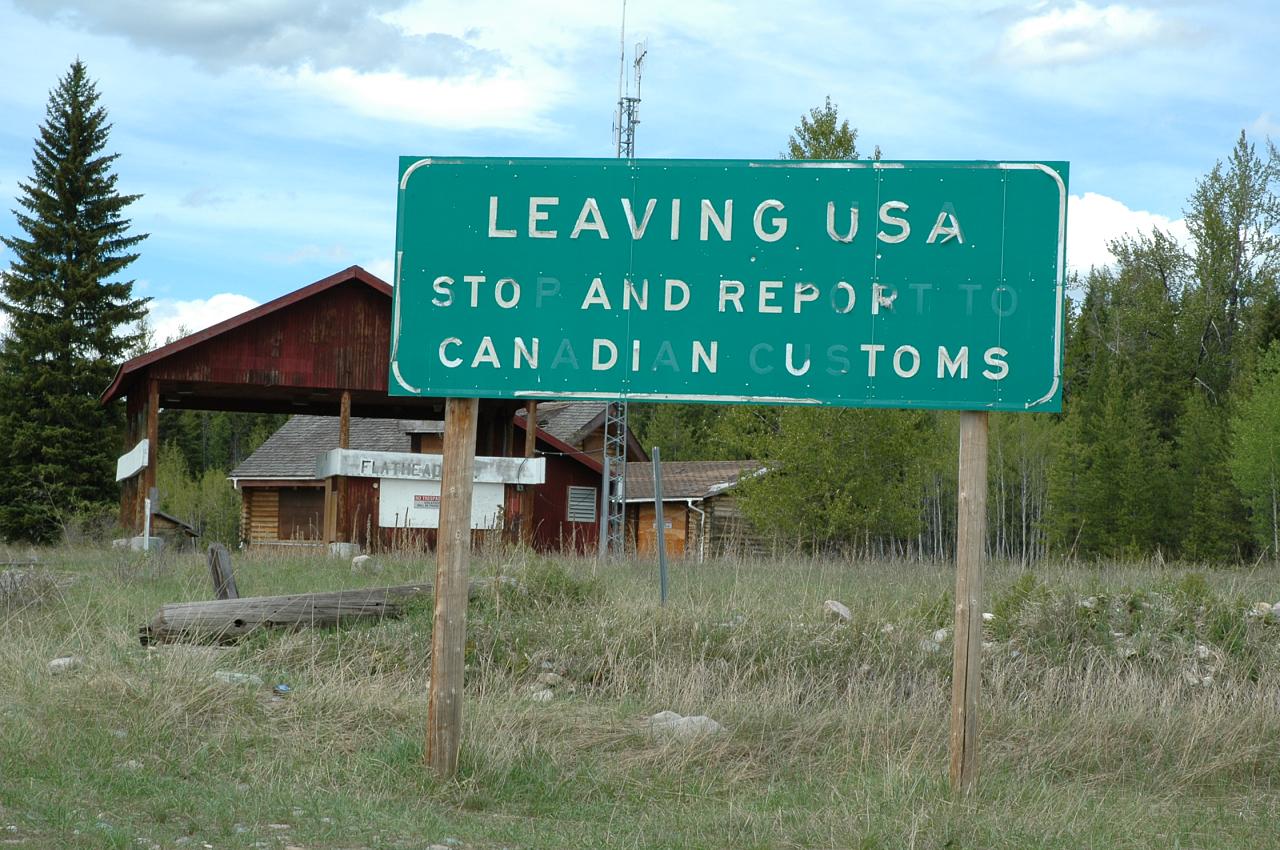The Supreme Court of Canada released its much-anticipated Google v. Equustek decision today, upholding the validity of an injunction requiring Google to remove search results on an international basis. The 7-2 decision (Justices Côté and Rowe dissented, finding that there were alternatives available, the order is ineffective, and expressing concern that the “temporary” injunction was effectively permanent) is not a surprise – last week’s Facebook’s decision suggested a willingness to side with the weaker Canadian litigant against Internet giants – but the decision will ultimately grant Google more power, not less.
Google will obviously abide the ruling, but as I noted last year, what happens if a Chinese court orders it to remove Taiwanese sites from the index? Or if an Iranian court orders it to remove gay and lesbian sites from the index? Since local content laws differ from country to country, there is a great likelihood of conflicts. That leaves two possible problematic outcomes: local courts deciding what others can access online or companies such as Google selectively deciding which rules they wish to follow. The Supreme Court of Canada did not address the broader implications of the decision, content to limit its reasoning to the need to address the harm being sustained by a Canadian company, the limited harm or burden to Google, and the ease with which potential conflicts could be addressed by adjusting the global takedown order. In doing so, it invites more global takedowns without requiring those seeking takedowns to identify potential conflicts or assess the implications in other countries.












